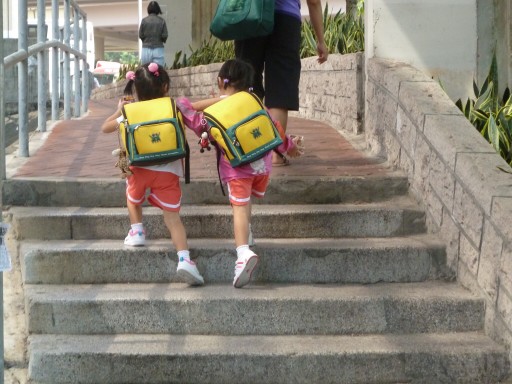The industry was worth $100bn.
Technically, China’s government is communist, and therefore should frown on private (non-government owned) businesses and profit making. In practice, the party is generally happy to let both these things run rife in order to achieve other things it values, like job creation and better-off citizens.
However, in the case of private tutoring, the government has recently rediscovered its red credentials. A host of new regulations (government rules) has been imposed on the sector. Private tutors and private tutoring companies will no longer be able to make a profit if they teach any subject that is on the national school curriculum. They also can’t take in any foreign investment (i.e. money from non-Chinese individuals or companies).
The change is a big deal, because the private tutoring industry in China is huge. It’s worth $100bn a year and employs millions of people. In particular, it hires a lot of young adults: perhaps up to 17 percent of recent university graduates go on to do some tutoring work, more than go into any other type of job.
For this reason, people are concerned that the new regulation will lead to a spike in youth unemployment in China. Because under 25-year-olds were already three times as likely to be unemployed as older adults, this may leave a large chunk of a generation struggling to support themselves. The impact will be worst for the poorest young people who don’t have family resources to fall back on, because China does not have a particularly robust welfare system. When lots of young people have shaky finances, there can also be knock-on effects for society as a whole. Financially insecure young people are more likely to delay starting a family, for example, which could exacerbate China’s declining population problem.
However, some people think the declining population problem is exactly why China introduced the anti-tutoring legislation in the first place. There is currently a lot of pressure on parents to provide top-notch education for their children, not least because their future career success is seen as relying on doing well in a single university entrance exam called the gaokao.
Because only a fixed percentage of pupils can top the gaokao, families can end up battling to help their kid out-compete their peers by using more and more resources such as private tutoring that suck up more and more time and money and therefore raise the cost and effort of raising a child. China’s government reckons this is putting people off having more kids.
Moreover, because it's easier for richer families to pay for extra exam help, poorer pupils end up at a disadvantage under the current system. On the flip side, competition between private education businesses has created innovative and individualised ways to help kids learn, which is particularly useful to those who struggle with traditional schooling. Competition can also push down prices, making the offerings more affordable.
Read our explainer on: educational insitutions

